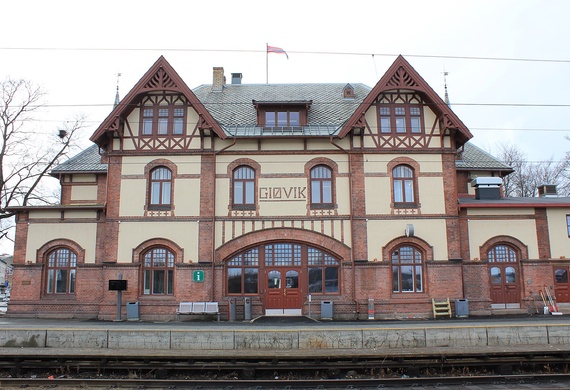Norway R2027 Robustness estimation
Validate the proposed R2027 timetable and infrastructure investment plan through a large-scale robustness estimation.
The R2027 project is an ambitious timetable-driven infrastructure imporvement program currently under implementation in Norway. In its development, a key role is played by an accurate estimation of the impact of the proposed timetable an investments on reliability of operations.
Our team was asked by the Railway Directorate to compare through large-scale stochastic microscopic simulation the performances of the the R2027 infrastructure and timetable with the current ones. Encouragingly, the simulation demonstrated that the R2027 performs better than the R16 in all KPIs: delays are lower on most lines, both considering the trains and the passengers. Also a sensitivity analysis confirmed that the R2027 is more robust under all reasonable delay conditions, with the R16 performing better only in event of a sharp increase of delays: a condition which not only appears improbable, but which can obviously not be completely withstood by a timetable that contains a sharp increase in the number of services. Finally, the analysis of the delays in R2027 allowed identifying its main weaknesses, most of which appear concentrated in the Gjøvik, Kongsvinger, Sørland and on the single-track part of the Hoved line.
Our tasks:
- Operations analysis
- Microscopic simulation model calibration
- Microscopic stochastic simulation
- 2017/06 - 2017/10
- Norway
- Jernbaneverket
- Timetable Planning, Integrated Service and Infrastructure Planning
- TRENOplus, TRENOanalysis, OpenTrack

